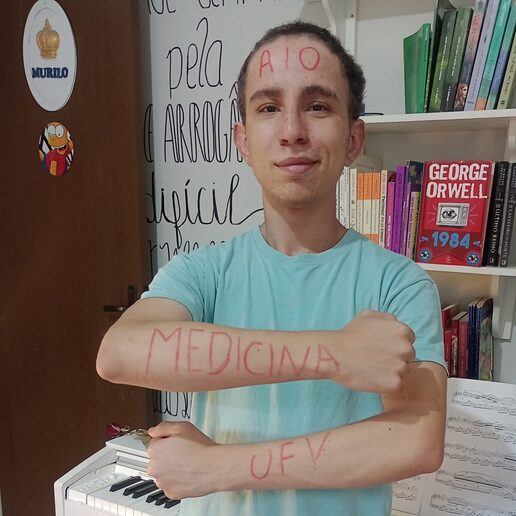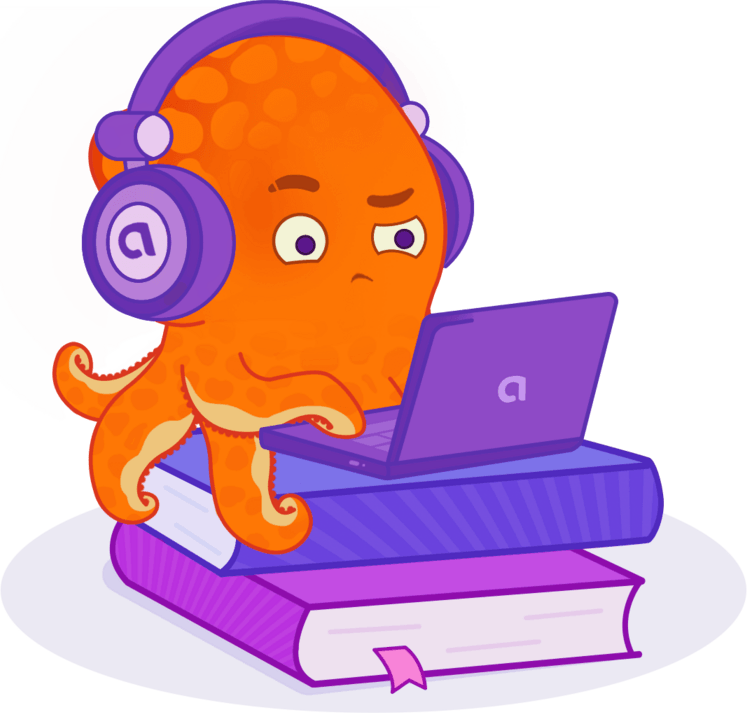EPCAR 2014
TEXT II
LEARN ENGLISH ONLINE: HOW THE INTERNET IS
CHANGING LANGUAGE
Online, English is now a common language for
users from around the world. In the process, the
language itself is changing. Noah Webster thought that a
common language brings people together and helps
create a new identity.
Webster’s dictionary, now is in its 11th edition, adopted
the Americanized orthography familiar today “–er” in
place of “–re” in theatre, not using the “u” from colour,
losing one “l” in traveller, and listed new words for
example, skunk and squash.
The Internet is creating a similar language
evolution, but at a much faster velocity. Some linguists
anticipate that in 10 years English will dominate the
Internet, but in very different forms. That’s because
people who speak English as a second language are
more in number than native speakers. And they use it to
communicate with other non-native speakers, particularly
on the Internet where people don’t pay so much attention
to grammar and orthography and users don’t have to
preoccupy about their way of speaking.
Users of Facebook, for example, ____________
in a number of different “Englishes” including Indian
English, or Hinglish, Spanglish (Spanish English) and
Konglish (Korean English). For a long time, these
variations existed in individual cultures, but now they are
expanding and becoming popular online. “On the Internet
all that is important is that people can communicate –
nobody has a right to tell them what the language has to
be,” says Baron.
The intensification of the use of the Internet in
everyday life means that language online is not a zero
result game. On the contrary, it permits multiple
languages to show up and they are mixing into English
that is becoming the world’s lingua franca.
Adapted from http://www.bbc.cokh/news/magazine-20332763 Acessado em 25/03/2013
Glossary:
To lose: perder, retirar Lingua franca: idioma usado globalmente para a comunicação
Mark the option in which only one question is grammatically correct.
Did English became the world’s lingua franca? (lines 33 and 34)
Is multiple languages mixing into English? (lines 32 and 33)
Do they use it to communicate with other non-native speakers? (lines 16 and 17)
They are expanding and becoming popular online? (lines 26 and 27)
E mais: nota TRI a todo o momento.





